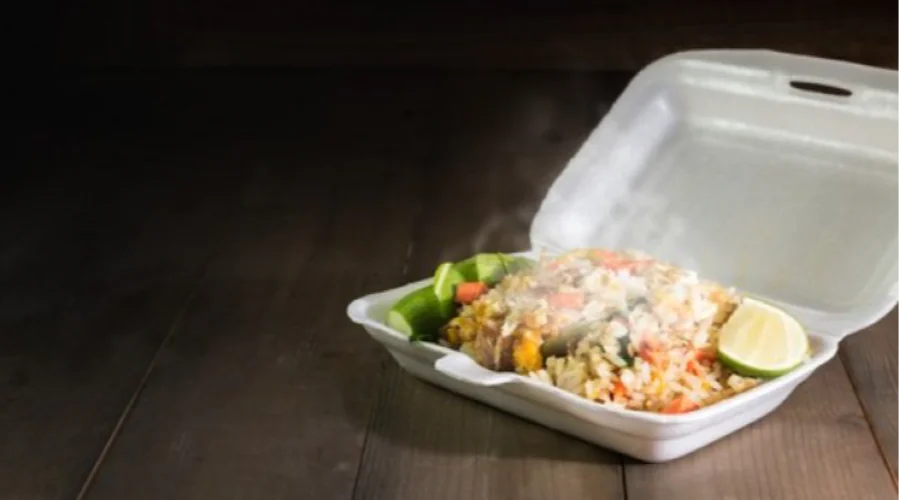
- 17 Oct
- 2022
Ilustrasi gambar (Shutterstock)
UM Surabaya Lecturer Describes the Dangers of Too Frequent Consumption of Food with Plastic Wrapping
Plastic is a chemical product of synthetic polymer materials that is easy to obtain, cheap and practical in use. Dependence on plastic is getting higher, but the dangers are not being realized by the public.
Lecturer in Medical Laboratory Technology (TLM) UM Surabaya Baterun Kunsah explained an easy way to avoid the dangers of plastic, namely by differentiating between plastic for food packaging and for other purposes. Because of the characteristics of its designation, the raw materials and manufacturing processes are also different.
He mentioned that from several studies it was known that there were several types of plastic that were thought to be harmful to human health. Plastic bottles or packaging that are commonly used daily are divided into 7 types of plastic which are regulated internationally in any country using the same code and symbol. The code was issued by The Society of Plastic Industry in 1998 in the United States and adopted by code system development institutions such as ISO (International Organization for Standardization).
First, PET or PETE (Polyethylene Terephthalate) plastic is clear, transparent, translucent, such as mineral water bottles, juice bottles, and almost all other beverage bottles.
“This type of bottle is recommended for single use only. Repeated use causes the polymer coating to decompose and can be carcinogenic if it accumulates in the body," said Kunsah, Monday (17/10/22)
Both types (low density polyethylene), namely the type of brown plastic (thermoplastic) made from petroleum. This plastic is usually used for food containers, soft plastic packaging and bottles. It is strong, slightly translucent, flexible, slightly greasy on the surface. This plastic can be recycled, difficult to destroy but still safe for food because it is difficult to react chemically with packaged food.
The three types of PS (Polystyrene) which are usually used for Styrofoam food containers, disposable drink containers, egg cartons, plastic kitchen utensils, compact disc materials, video containers and so on.
Kunsah said that this type of PS is an aromatic polymer that can release styrene into food when the food comes in contact. This material should be avoided, because it is dangerous for brain health, interferes with the hormone estrogen in women which results in reproductive problems, the nervous system.
“This type is also difficult to recycle. When recycled this material requires a very long and time consuming process. If this plastic is burned, it will emit a yellow-orange flame and leave soot," he added.
The fourth type of other (Polycarbonate). Plastic with the number 7 code consists of 4 types, namely: SAN (Styrene Acrylonitrile), ABS (Acrylonitrile Butadiene Styrene), PC (Polycarbonate), and Nylon. This plastic can be found in food and beverage containers such as sports drinking bottles, gallons of drinking water, car parts, household appliances, computers, electronic equipment, and plastic packaging.
Kunsah emphasized that SAN and ABS types of plastic have high resistance to chemical reactions and air temperature. SAN type plastic is usually found in mixer bowls, thermos wrappers, plates, cutlery, coffee filters, and toothbrushes.
Plastic with the SAN type is one of the good plastic materials for use in food or beverage packaging. Meanwhile, ABS plastic is commonly used as a material for lego toys and pipes. Meanwhile, PC plastic can be found in baby bottles, toddler cups, cans of food and beverage packaging.
"Ironically, this baby milk bottle is made of PC plastic. When heated, it can release bisphenol-A into food and drinks, which can damage the hormone system and change immunity," he emphasized.
According to Kunsah, to maintain health, he asked the public to minimize the use of plastic, for example, if you want to buy meatballs or other food, use a basket/container made of non-plastic material, like in the past.
"Finally, if you want to heat food in a microwave oven, use a glass container. If you want to choose flexible plastic to cover food, choose one that says polyethylene on the label," closed Kunsah.










(0) Comments